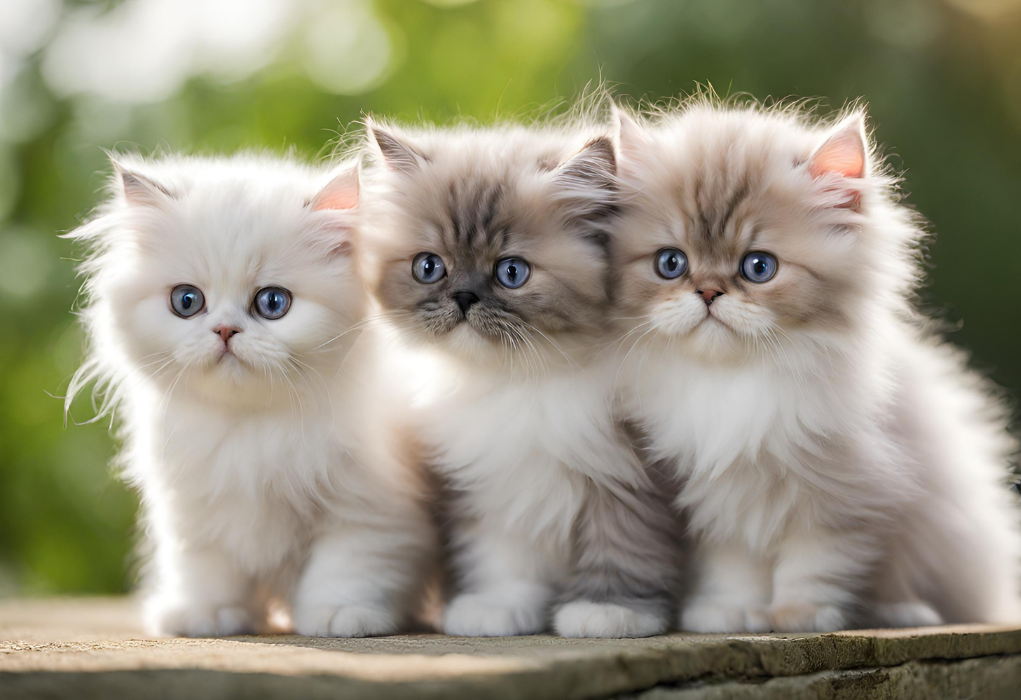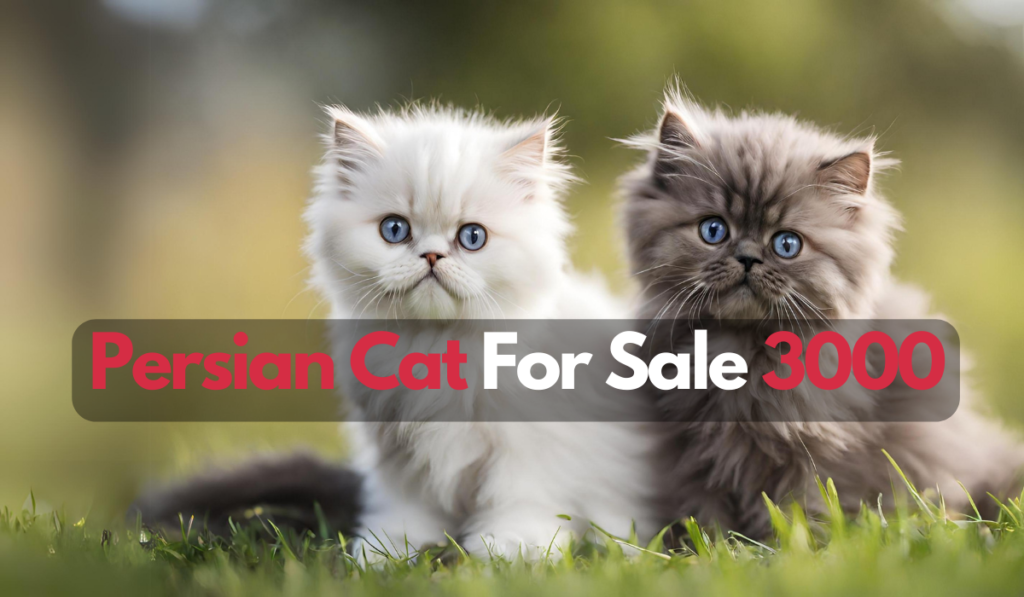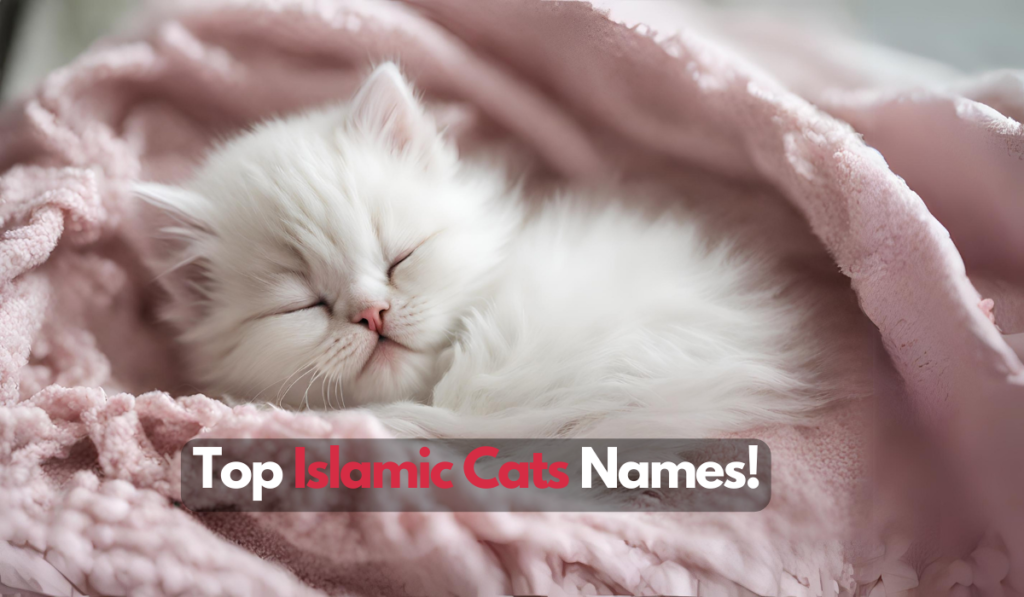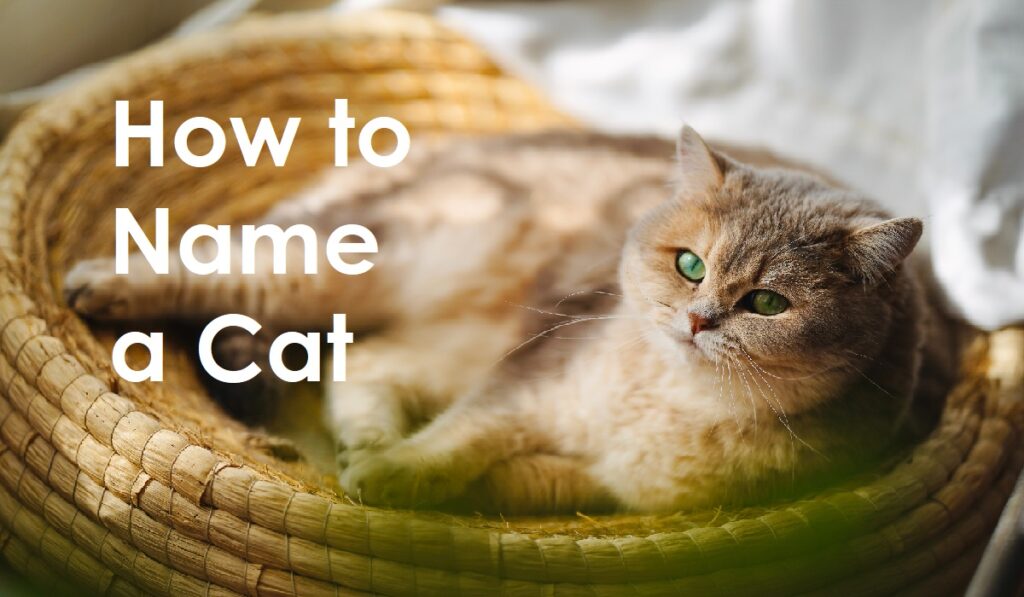The Persian cat, revered for its elegant appearance and gentle disposition, has secured its place as one of the most cherished cat breeds. However, prospective and current owners often ponder the question: How long can these delightful felines live?
In this article, we embark on an exploration of the Persian Cat lifespan, shedding light on the various factors that influence it. We will also provide valuable insights and tips for ensuring a healthy and fulfilling life for your Persian cat companion.
Whether you’re already an owner or contemplating bringing one into your home, comprehending their lifespan is pivotal for responsible and attentive care.
Average Persian Cat Lifespan?
The average Persian Cat lifespan typically ranges between 12 to 16 years, with some individuals even reaching their late teens or early twenties when provided with exceptional care and a healthy lifestyle. This beloved breed is known for its longevity, and several factors contribute to its relatively extended lifespan.
Genetics plays a crucial role; Persian cats from reputable breeders with a focus on health and longevity tend to have a better chance of living longer. Proper nutrition is equally vital, with a well-balanced diet tailored to their specific needs promoting overall well-being. Regular veterinary care, including vaccinations and routine check-ups, helps detect and address potential health issues early, ensuring a longer and healthier life.
Grooming also plays a significant role in a Persian cat’s lifespan. Their long, luxurious coat requires regular brushing and maintenance to prevent matting and skin problems. Adequate hydration, exercise, and a stress-free environment further contribute to their longevity.
Additionally, a loving and attentive home environment, free from hazards, can significantly impact their quality of life and lifespan. While the average Persian cat lifespan in India is impressive, responsible pet ownership, proper care, and a nurturing environment can help these delightful felines enjoy a full and happy life for many years.
Check out your Cat age now.
Cat Age Calculator
Factors Affecting the Lifespan of Persian Cats

Persian cat lifespan, like that of any other breed, is influenced by various factors. Understanding these factors can help Persian cat owners provide the best care and ensure their feline companions live long and healthy lives.
- Genetics: Genetics plays a significant role in a Persian cat’s lifespan. Cats from reputable breeders who prioritize genetic health tend to have a better chance of a longer life. Responsible breeding practices help reduce the risk of hereditary diseases and conditions that can shorten a lifespan of Persian Cat.
- Diet and Nutrition: Proper nutrition is crucial for a Persian cat’s longevity. Feeding them a high-quality cat food that meets their specific dietary needs is essential. Obesity can be a concern for this breed, so monitoring their weight and providing a balanced diet is vital to prevent related health issues.
- Veterinary Care: Regular veterinary check-ups and preventive care are essential. Routine vaccinations, dental care, and parasite prevention help detect and address health issues early, increasing the chances of a longer life. Persian cats are prone to certain health conditions, so proactive vet visits are crucial.
- Grooming: Persian cats have long, luxurious coats that require regular grooming. Neglecting grooming can lead to matting, skin problems, and discomfort. Regular brushing and coat care not only maintain their appearance but also promote their overall well-being.
- Environmental Factors: Creating a safe and stress-free home environment is vital for a Persian cat’s health and lifespan. Minimizing exposure to toxins, providing mental and physical stimulation, and ensuring a peaceful atmosphere can contribute to a longer life.
- Exercise: While Persian cats are not known for their athleticism, they still require exercise to maintain a healthy weight and overall fitness. Engaging them in play and providing opportunities for physical activity is important.
- Dental Health: Dental problems can affect a cat’s overall health. Regular dental care, including teeth brushing and dental check-ups, can prevent dental issues that may impact their lifespan.
- Stress Management: Stress can have adverse effects on a cat’s health. Persian cats may be sensitive to changes in their environment or routine. Understanding and addressing these factors can lead to a fulfilling and extended companionship with these charming felines.
Health Concerns Specific to Persian Cats
Persian cats, known for their distinctive appearance and sweet temperament, are prone to specific health concerns that potential owners should be aware of. Their flat faces, or brachycephalic features, can lead to respiratory issues, including noisy breathing and heat sensitivity. Dental problems are also common due to misaligned teeth, necessitating regular dental care.
Eye conditions such as cherry eye and excessive tearing can affect Persian cats, requiring routine eye cleaning and veterinary attention. They are at a higher risk of kidney disease, emphasizing the importance of kidney function checks and a kidney-friendly diet as they age.
Obesity is a concern due to their sedentary nature, making portion control and exercise crucial. Polycystic Kidney Disease (PKD) is an inherited condition that responsible breeding practices can help reduce.
Moreover, their long, thick fur demands meticulous grooming to prevent matting and skin issues. Persian cats can also have sensitive skin, requiring a clean environment and proper grooming. By being aware of these breed-specific health concerns and providing attentive care, owners can ensure a long and healthy life for their cherished Persian companions.
Caring for a Persian Cat to Increase Lifespan

Caring for a Persian cat with the goal of extending their lifespan involves a holistic approach. These elegant felines require attention to various aspects of their well-being.
Nutrition is the cornerstone of their health. Offering high-quality cat food suited to their specific dietary needs and ensuring they stay adequately hydrated by providing clean water at all times is essential. Persian cats can be prone to obesity, so monitoring their weight through portion control is crucial.
Regular veterinary care is another vital component. Scheduling routine check-ups, vaccinations, and preventive treatments with your veterinarian helps in early detection of health issues, increasing the chances of effective intervention.
The iconic long fur of Persian cats necessitates regular grooming. Daily brushing keeps their coat mat-free and prevents skin problems, contributing to their overall comfort.
Dental health is often overlooked but is of great significance. Oral hygiene measures such as teeth brushing and providing dental treats or toys can prevent dental issues that may affect their quality of life.
Maintaining a stress-free environment is crucial as Persian cats are sensitive to changes. Keeping their living space stable and minimizing disruptions helps reduce anxiety and promotes their emotional well-being.
Despite their reputation for being less active, Persian cats still need some level of exercise and stimulation. Engaging them in play and providing toys or interactive activities keeps them mentally and physically engaged, preventing obesity and associated health concerns.
Lastly, paying attention to their eye and facial hygiene is important. Some Persian cats are prone to eye conditions and tear staining, which can be mitigated through regular cleaning.
By addressing these aspects of care and providing a loving and attentive home, you can significantly increase the lifespan of your beloved Persian cat, ensuring many years of companionship and happiness together.
Conclusion
In conclusion, understanding and proactively addressing the factors that influence the Persian cat lifespan are paramount to ensuring they lead long, healthy, and fulfilling lives. With their unique features and charming personalities, Persian cats can be cherished companions for many years.
From proper nutrition and regular veterinary care to attentive grooming and stress management, responsible pet ownership plays a pivotal role in enhancing their longevity. By providing a stable and loving environment and engaging in play and mental stimulation, you can further contribute to their well-being.
Ultimately, a commitment to the well-being of your Persian cat not only extends their lifespan but also fosters a deep and enduring bond. These graceful felines have a remarkable capacity to bring joy and companionship to our lives, making the effort to ensure their long and healthy existence all the more rewarding.







